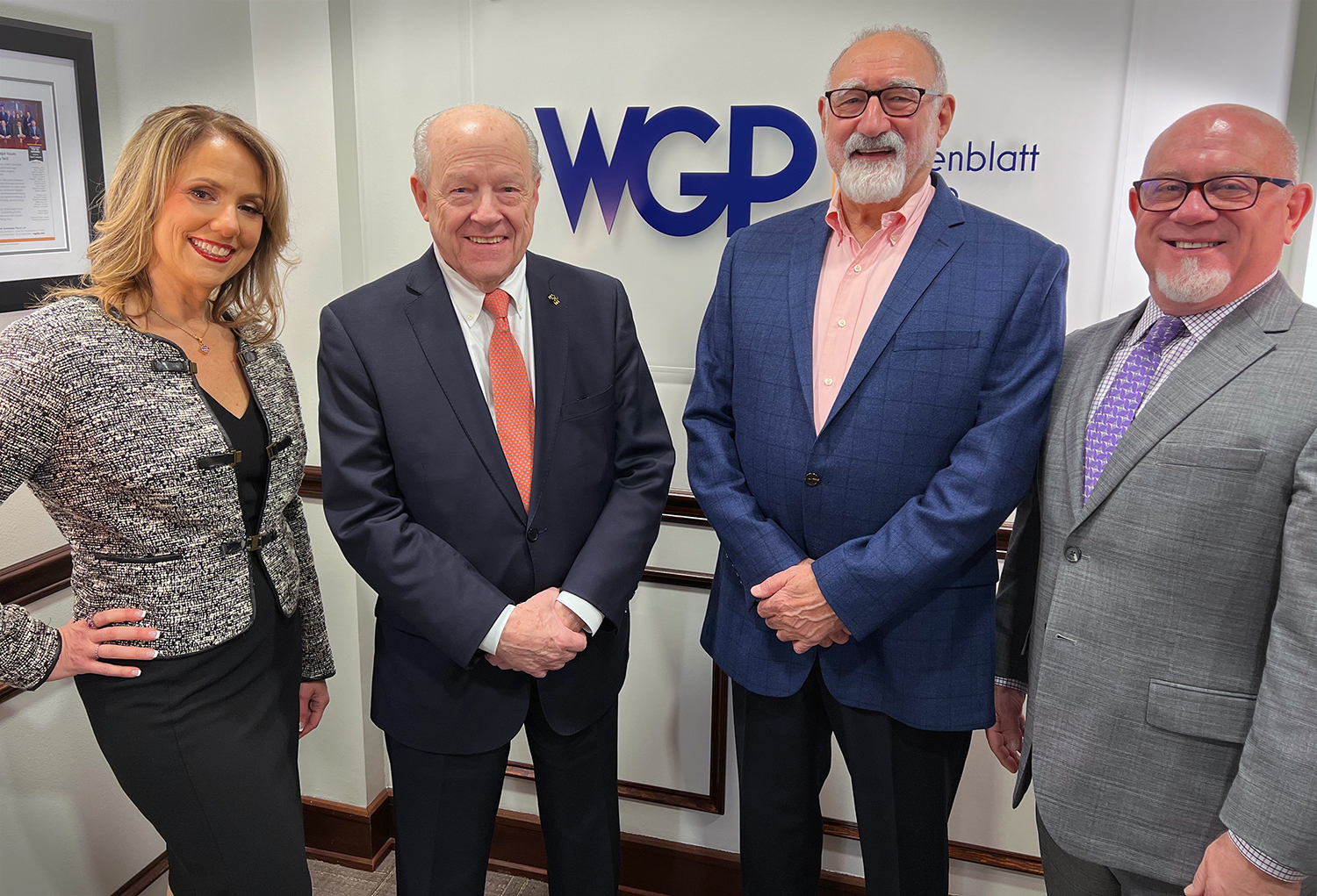The DOJ needs to perform an in-house review of its management and operations. The review should be performed by attorneys who served in the DOJ in Washington or in one of the U.S. attorney’s offices. There is no need for a panel of large firm lawyers, law professors or former judges who have never served in the DOJ. Veterans of the DOJ will know the different relationships that exists between the DOJ and the investigative agencies, such as the FBI, Labor Department and DEA. They will be aware of the unique relationship between the attorney general, deputy attorney general, assistant attorney general, and the U.S. attorney in the field.
SUGGESTED TOPICS FOR EXAMINATION Re-establish the roles of the FBI and the DOJ attorneys. When I served in the DOJ, the role of the FBI and other investigative agencies was to investigate possible criminal offenses. The role of the DOJ attorneys was to decide to bring charges based upon the investigation. The actions of FBI Director James Comey and then-Attorney General Loretta Lynch in the summer of 2016 threw such a long-honored procedure into an administrative wonderland. Comey’s decision to announce there was not sufficient evidence to bring charges against Hillary Clinton, and the complete absence in the process of Lynch, was very disturbing. Even former FBI Director J. Edgar Hoover, who loved making statements to the press, would never have made such an announcement. This should never happen again.
Review the role of the Sentencing Commission in the criminal justice procedure. The Sentencing Commission was established to bring uniformity in sentencing across the country. It has done that, but there are many downsides to the sentencing guidelines that must be addressed. Justice Antonin Scalia’s very strong opinions have reduced the sentencing guidelines to advisory. Courts are free to ignore them. There is no reason for the Sentencing Commission to continue to exist with its budget of over $ 17 million and its staff of nearly 100 people. The Sentencing Commission continues to come up with many excessive maximum punishments, one of the reasons the mandatory application of the guidelines was struck down. I suggest a review of the Sentencing Commission’s role by the internal review committee with the aim of pursuing realistic guideline punishment ranges and reducing the size and budget of the commission.
Organized crime should once again be a major subject of investigations. In the 1970s and 1980s, the organized crime strike forces of the organized crime section were the most active and successful prosecution units in the DOJ. The most experienced trial lawyers in the DOJ were in this section. Major successful prosecutions, and changing priorities, shifted DOJ’s efforts to other areas. Organized crime influence in unions and legitimate businesses has not disappeared. Organized crime still controls the construction work in many large cities. One area of concern, which is greatly neglected, is the abuse of union welfare and pension plans. The Labor Department has a very small unit assigned to this area. That unit generally accepts the audit reports of the accountants hired by the unions. When investigators look behind these audits, major problems are exposed. For example, investigators have discovered highly paid consultants or nonessential employees of these welfare and pension plans who are associates of organized crime, and questionable expenditures benefiting organized crime members.
Return to the proven investigative techniques. Despite the emphasis on electronic surveillance or other electronic efforts, the old-fashioned technique of personal investigation is still effective. Agents working in the field, and prosecutors following up with grand jury subpoenas, need to be rejuvenated. Agents developing sources in companies or workplace areas have always produced valuable leads that can be followed up with grand jury subpoenas. This technique has produced major convictions in the white collar area. As an example, I was once approached by a supervising state court judge who told me my investigators and federal prosecutors were missing the real corruption in the state courts. He said the major corruption was in the civil litigation area. He refused to provide me with any further info. I did not pursue it any further. In hindsight, I should have sent a senior FBI agent to him and designated him as a confidential informant with a guarantee of nondisclosure, to obtain the names of cases we should explore. A grand jury subpoena served on persons involved in these cases would have caused people to come out of the shadows and we could have initiated effective investigations.
Set up an Opioid Task Force with a national director appointed by the DOJ. There should be one national DEA agent with the same authority. The opioid epidemic is a national problem and needs national coordination between the U.S. Attorney’s Office and the DEA. There should be attorneys appointed in each U.S. attorney’s office to handle these cases. A careful professional review of the DOJ will produce helpful management suggestions which are long overdue and will get the attention of the many critics. We must let the Congress and the American people know that the DOJ is the proper independent agency for investigating and prosecuting federal criminal offenses.
Peter F. Vaira is a member of Greenblatt, Pierce, Funt and Flores, LLC. He is a former U.S. attorney, and is the author of a book on Eastern District practice that is revised annually. He can be contacted at p.vaira@gpfflaw.com.





